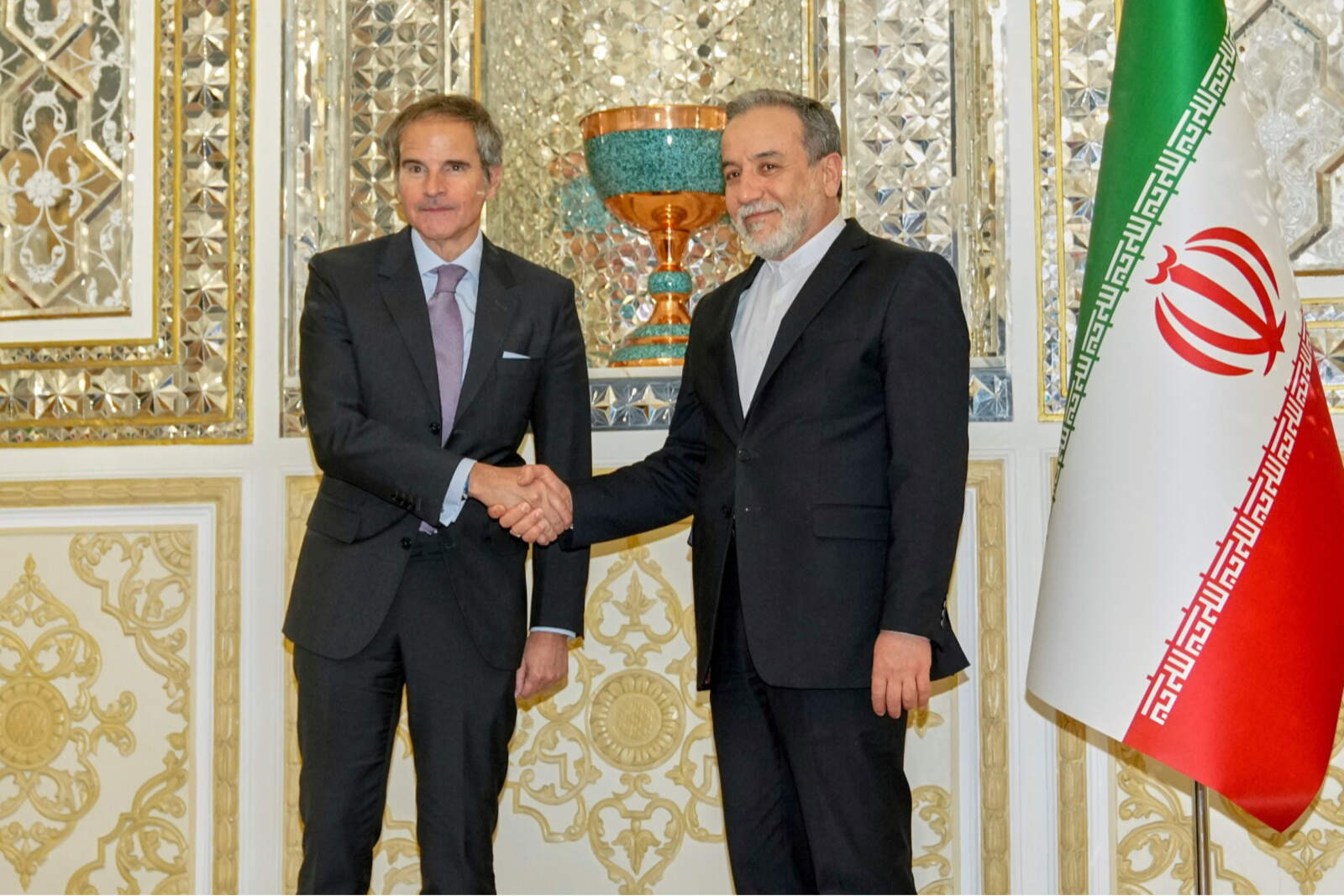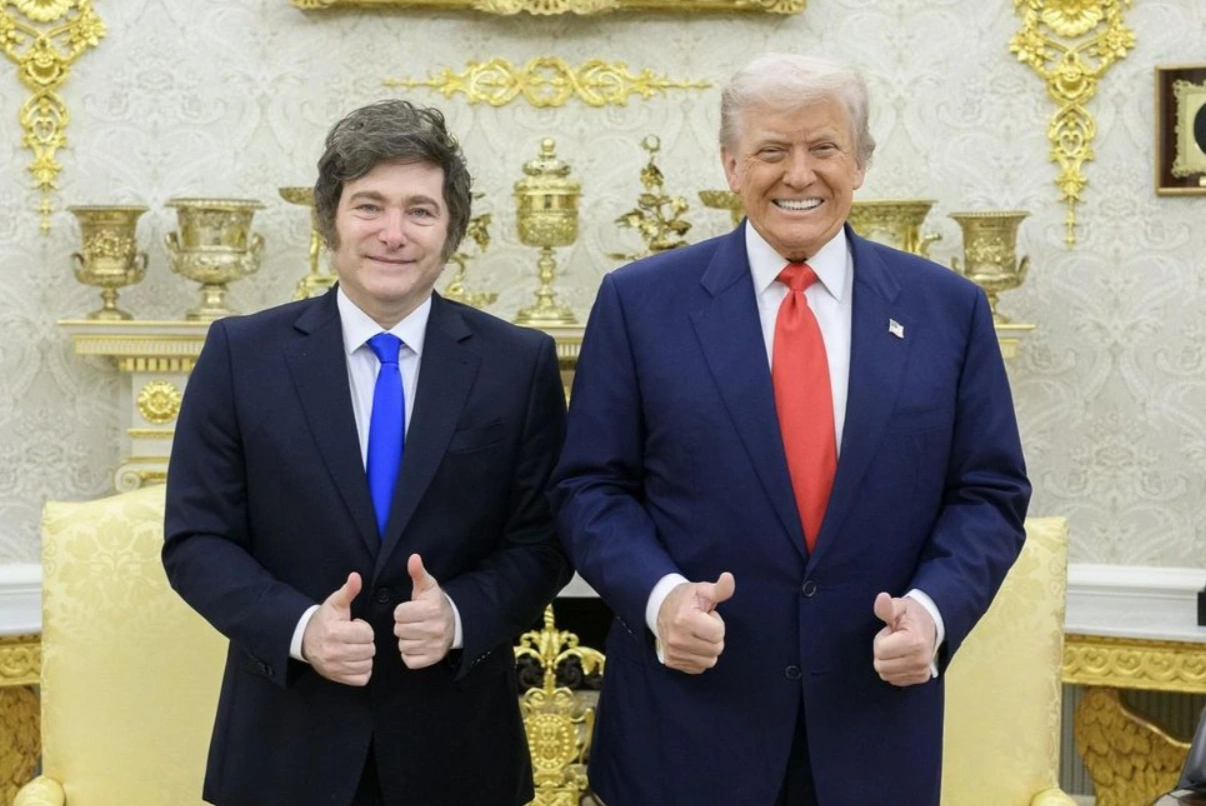
Israel is preparing an imminent attack on Iran's nuclear facilities.


porEditorial Team
Argentina
According to U.S. intelligence, the Israeli armed forces are preparing to launch a major attack against Iranian positions
The United States has obtained new intelligence suggesting that Israel is making preparations to attack Iranian nuclear facilities, according to some media reports citing several U.S. officials familiar with the matter. This information comes as President Donald Trump's administration continues diplomatic efforts to reach an agreement with Tehran on its nuclear program. A military action by Israel would represent a drastic break with Trump's diplomatic strategy and could trigger a larger regional conflict in the Middle East, a situation the United States has tried to avoid since tensions escalated following the war in Gaza in 2023. U.S. officials warn that it is still unclear whether Israel has made a definitive decision. In fact, there is disagreement within the U.S. government about the likelihood of Israel actually taking action. The decision to attack will largely depend on how Israel evaluates the ongoing negotiations between the United States and Iran regarding the Iranian nuclear program. According to sources close to U.S. intelligence, the possibility of an Israeli attack has increased significantly in recent months. This concern is based not only on public and private statements by senior Israeli officials but also on intercepts of Israeli communications and movements observed in their armed forces, such as the transfer of aerial munitions and the completion of air exercises, which could indicate an imminent military action. However, these movements could also be a strategy to pressure Iran to abandon key aspects of its nuclear program, showing the possible consequences of not doing so. This highlights the complexity of the scenario facing the White House. President Trump has publicly warned of military action against Iran if diplomatic efforts fail, although he has set a time limit for these negotiations. In March, Trump sent a letter to Iran's supreme leader, Ayatollah Ali Khamenei, giving a 60-day deadline to reach an agreement. That deadline has already expired, and the talks have yet to produce tangible results. A senior Western diplomat noted that Trump is willing to give only a few more weeks before resorting to military measures. Israel finds itself in a delicate position. On one hand, it seeks to avoid an agreement it considers unacceptable; on the other, it doesn't want to damage its strategic relationship with the United States. Jonathan Panikoff, a former intelligence official specializing in the region, said that the Israeli decision will ultimately depend on Trump's actions and whether the United States succeeds in reaching an agreement with Iran. In his view, it is unlikely that Israeli Prime Minister Benjamin Netanyahu would risk a break with the United States without at least tacit approval from Washington. Iran finds itself in a weakened military position, following Israeli attacks on its missile and air defense installations in October, and faces an economy in crisis due to sanctions and the loss of influence of its regional allies. From the Israeli perspective, this represents a strategic window of opportunity. While the United States has intensified intelligence gathering in case Israel decides to act, senior officials assure that it is unlikely the United States would participate directly in an attack unless Iran provokes a significant escalation. Additionally, it is acknowledged that Israel could not completely destroy the Iranian nuclear program without U.S. assistance, such as aerial refueling and bombs capable of penetrating underground facilities. An Israeli official stated that Israel is prepared to act alone if a "bad deal" with Iran is finalized. Other sources close to U.S. intelligence indicated that Israel might choose to attack to thwart a potential pact that doesn't meet its security expectations. A U.S. intelligence report from February already warned that Israel would likely attempt to attack key Iranian nuclear program facilities this year. The same report noted that such an attack would only minimally delay Iranian nuclear development, without completely eliminating the threat. Currently, negotiations between the United States and Iran remain stalled. Washington's main demand is that Iran not enrich uranium, a process necessary for the production of civilian nuclear energy but also key for the manufacture of nuclear weapons. Tehran, meanwhile, insists on its right to enrich uranium under the UN's Nuclear Non-Proliferation Treaty. Both countries have presented proposals, and another round of negotiations is expected in Europe this week, although there is still no agreement formally backed by Trump. The situation remains volatile, with multiple possible scenarios depending on the decisions made by the United States, Israel, and Iran in the coming weeks.
Noticias relacionadas


Javier Milei spoke after the release of Nahuel Gallo: “It was a tragedy that our gendarme was kidnapped”

Trump evaluates applying the Venezuelan model for the transition in Iran after the death of Khamenei

Israel launched an offensive in Lebanon after Hezbollah missile and drone attacks

Javier Milei reaffirmed in Congress his strategic alliance with the United States and asked to turn it into State policy

